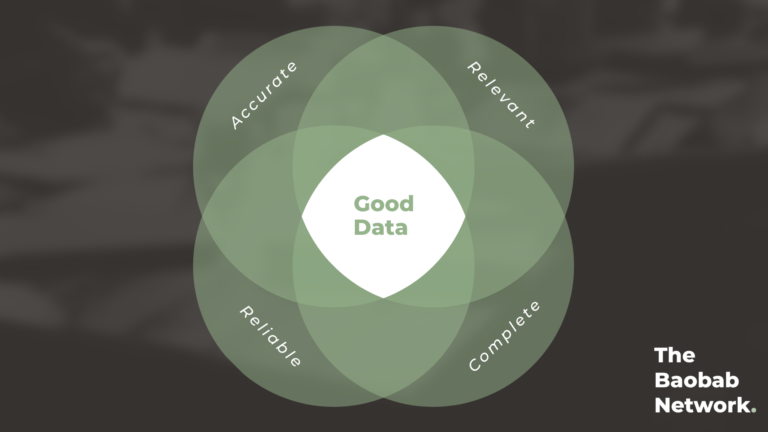One of the ways to establish data accuracy is by ensuring that all data sources are verified. For a start-up, the most critical data source is a customer. It’s crucial to ensure that you are correctly capturing customer details such as addresses when delivery is involved, identification documents when money transfer is involved and demographic details when it’s relevant to understand customer characteristics. In some instances (like in FinTech), the Know Your Customer (KYC) verification process is even mandatory for regulation compliance.
Data verification should happen at the data collection level to ensure that errors are immediately flagged and corrected. For instance, a FinTech company that relies on an agent distribution network would get more accurate data when identification verification is done at the point of data collection (i.e. the agent) as opposed to having the collected data being verified later on by data analysts. Considering that humans are prone to errors, it’s also best to automate the data verification process when possible. This automation process however needs to be reviewed periodically to ensure that it’s still providing the desired level of accuracy as time and context change.
2. Completeness
Data must account for all necessary processes within a business and all relevant use cases when building predictive models. For this reason, it’s crucial to create processes that ensure that data points are easily consolidated from different sources.
For most African start-ups, completeness is usually lacking when there are both offline and online channels for interacting with customers. The offline interactions are often partially recorded if not completely lost. It’s therefore important to encourage and incentivize the use of online channels from the onset and if customers have a rigid preference for offline engagements, then it’s crucial to implement processes to ensure offline transactions are recorded.







